Nestle CompanyEveryone enjoys eating delicious food, snacks, chocolate, and many more food items. Here we talk about the biggest manufacturer of food and beverages worldwide, Nestle. They operate in 191 nations and have more than 2000 brands, ranging from well-known international names to regional favourites. 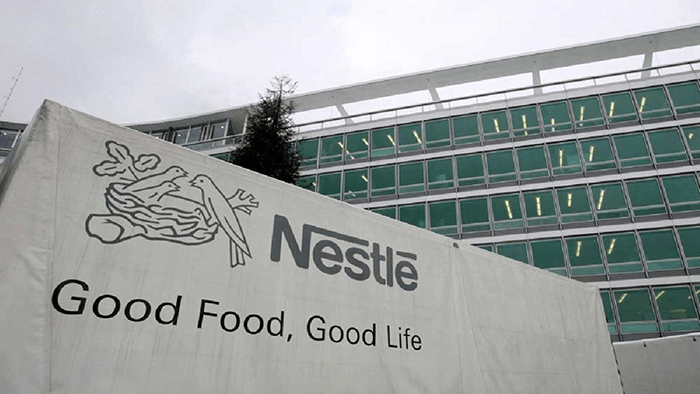
Infant food, medical food, bottled water, breakfast cereals, coffee, tea, confections, dairy products, ice cream, frozen food, pet meals, and snacks are just a few of Nestle's products. Nespresso, Nescafé, Kit Kat, Smarties, Nesquik, Stouffer's, Vittel, and Maggi are just a few of the 29 Nestlé brands that have annual sales of over 1 billion (about 1.1 billion US dollars). With 447 factories, Nestlé has operations in 189 nations. The largest cosmetics firm in the world, L'Oreal, has it as one of its principal owners. About LocationNestle is a worldwide food and beverage processing multinational firm with its headquarters in Vevey, Vaud, Switzerland. By sales and other indicators, it has been the world's largest publicly traded food company since 2014. Description of the Nestle Company
About History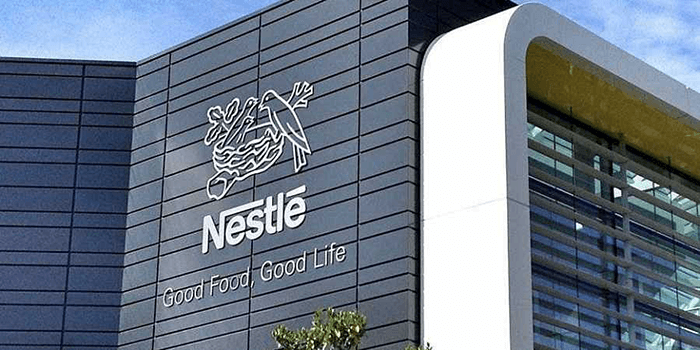
The Company wish to create a world that is more wholesome and better. When Henri Nestlé invented a baby food that saved a child's life more than 150 years ago, it is how the Company got their start. George and Charles Page's "Anglo-Swiss Milk Company" and Henri Nestlé's "Farine Lactée Henri Nestle," both founded in 1866 and 1867, respectively, were combined to become Nestle in 1905. The business expanded its product line beyond its initial condensed milk and newborn formula offerings due to significant growth during World War I and II. The business has acquired various corporations throughout the years, including Gerber in 2007, Klim in 1998, Rowntree Mackintosh in 1988, Libby's in 1971, Findus in 1963, and Crosse & Blackwell in 1950. Nestle Company's PurposeThe mission of Nestle is to improve quality of life and generate a healthier future. They wish to contribute to creating a favourable and healthy planet. Inspiring individuals to lead healthier lives is another goal of theirs. In this way, they can benefit society and keep their business successful in the long run. Nestle Company's AspirationsFor 2030, Company has set three primary goals that will serve as its compass and help us achieve the UN Sustainable Development Goals. Nestle became a prosperous firm as a result of the following factorsThe Company's fundamental beliefs and customer satisfaction are essential for every business to succeed. Due to its extensive local presence and worldwide reach, Nestlé has a remarkable ability to identify local consumers and quickly adjust to their interests. The firm recognizes the value of cutting-edge science and technology and keeps developing it to satisfy changing customer needs through new product offers and reformed products. The Company's efforts to produce and improve its goods, as well as its concentration on simplicity and value for money, have made it easier to focus on offering value to its customers. The firm has consistently improved service quality, increased product availability and visibility, and started attempts to make its products more valuable to customers. The seven fundamental principles have made Nestle a leader in the FMCG industry. These include sales growth, a rise in profit margin, an ability to focus on fixed and working capital, a high-income tax rate, a high cost of money, and a long period of value growth. The growth of the supply chainFor firms, fulfilling market demand has become an important issue in recent years. A company can only survive with a robust supply chain management system in this world of harsh competition. In addition to working with many more through their supply chain, Nestle directly collaborates with approximately 700000 farmers worldwide. Nestle has consistently worked to enhance the supply chain to prevent wastage, improve productivity, and constantly offer consumers new products. To increase stock freshness and reduce working capital, the firm paid equal attention to lowering the completed goods inventory chain. The firm concentrates mainly on the 14 essential ingredients for production, and the business emphasizes low costs for distribution as part of its unique techniques. Continual customer service development will increase product availability across all channels and regions. About Product of Nestle CompanyCurrently, Nestle has more than 2,000 brands and offers a variety of goods in several markets, such as coffee, water bottles, milkshakes and other refreshments, snack foods, baby foods, achievement and healthcare nutrition, seasonings, soups and sauces, frozen and refrigerated foods, and pet food. With its Incredible and Awesome Burgers, the firm launched plant-based foods in 2019. 1. Food for Infants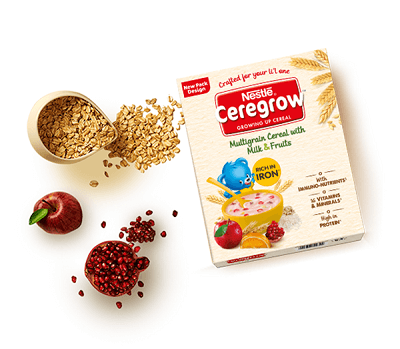
To be quickly eaten by babies, baby meals are often in a liquid or semi-solid form. Fresh fruits and vegetables, as well as some protein, should be included in the diet of infants to promote healthy growth and provide the necessary nutrients for their bones and muscles. The flavours and types of each Nestle baby food product are divided, along with the product's appropriate ages for infants from six months to two years. 2. Bottled water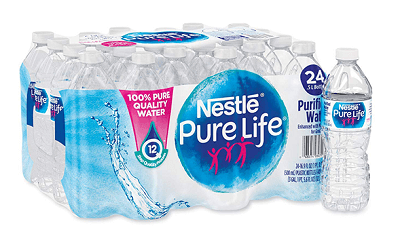
Mineral water is often found naturally packaged and marketed and is the common name for bottled water. Mineral water has high levels of calcium and magnesium, which are pleasant and convenient to drink. Consumers choose to consume bottled water instead of tap water on any given day or place. The supply of bottled water has increased in response to its rising demand. Worldwide, bottled water is sold under more than 4000 different brand names. Among the brands, Nestle is also active. 3. Breakfast/Cereals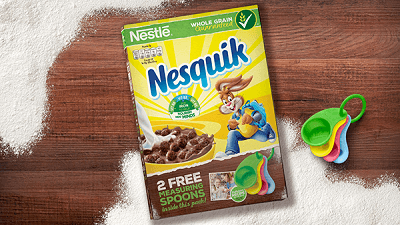
Most people's most important and early meal of the day is breakfast. Therefore, it should be nutritious, satisfying, and an energy booster that gives individuals a speedy kick-start. It is generally agreed upon that breakfast should never be ignored if one is going to miss one meal a day because it gives one the motivation and energy required to work the whole of the day. By supplying quick and straightforward prepared breakfast items that are ready to eat, Nestle emphasizes their dedication to their customers. 4. Candy & Chocolate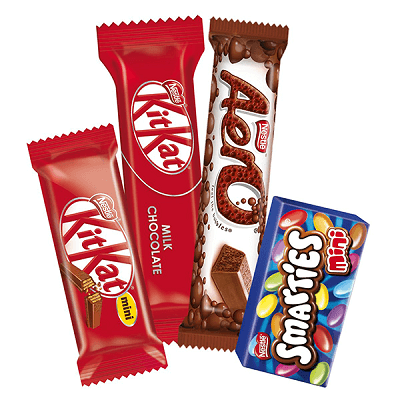
Candy and chocolates are high in calories but low in fat; these things are what children most favour and want. Although high use can lead to various health problems, it is beneficial to the body and the brain when eaten in balance. Nestle is the market leader in this market and offers every known variety. There are only a few KitKat, Milky Bar, Crunch, Munch, Polo, and other well-known Nestle chocolate brands. 5. Coffee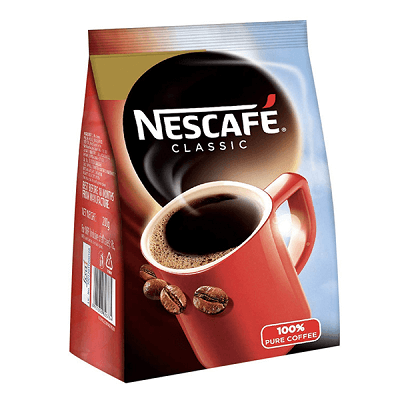
Humans benefit from coffee as brain boosting. Because of the caffeine, our hormones are stimulated, and our thinking becomes more reasonable. Ages 18 to 35 are the vast majority of its consumers. With several preparation options, it is the most consumed drink worldwide. It is frequently consumed at home after supper or with breakfast. In reality, the coffee break is regarded as a brief period of deep relaxation in business and industry. 6. Nutrition and Health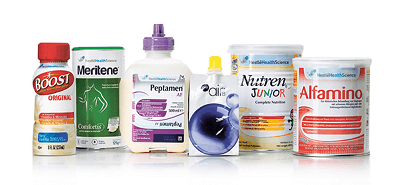
Healthcare and nutrition supplements are made specifically for those with nutritional problems, including overweight, food sensitivities, malnutrition, diabetes, or kidney illnesses, to fulfil the body's dietary requirements. Nutritionists extensively research and understand their clients' demands when offering the best product. By producing healthy goods based on medical knowledge, Nestle continually increases its vision in this industry and benefits more people. 7. Milk Goods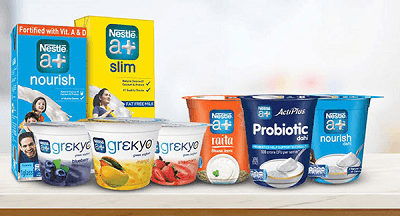
Food items made from milk are referred to as milk products or dairy goods. They are a great energy source since milk comprises 70% of our body weight, mainly water. They provide 16 additional nutrients in addition to vitamins and minerals. Nestle manufactures dairy goods, including cheese, yoghurt, raita, milkmaid, and others that may be combined with other ingredients to create delicious foods. 8. A food service (Maggi)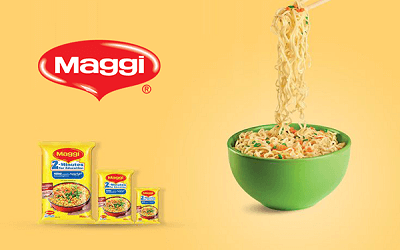
It is Nestle's most popular and delectable division. It features Maggi Noodles, Pasta, Ketchup, All Maggi Goods etc., All MAGGI 2 Minutes Noodles, MAGGI Nutri-Licious Atta Noodles Masala, Maggi Cooking Masala, etc., as well as all of Maggi's goods in India. 9. Pet Care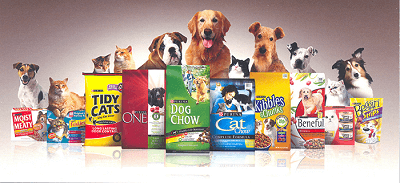
Products for caring for pets are just as necessary as those for caring for people, and they are created with consideration for the delicate nature and fragility of animals. Our pets require the same level of care, from healthy ingredients to a balanced diet full of variety and flavour. Nestle company cares for your dogs just as much as it does for you, so you should not be concerned about purchasing food for them from a different retailer or brand than you do. Therefore, Nestle Dog Food and Cat Food are also sold in India. Nestle Company's Strengths:
Nestle Company's Weaknesses
Opportunities of Nestle Company
Problems of Nestle Company
Next TopicIntel Company
|
 For Videos Join Our Youtube Channel: Join Now
For Videos Join Our Youtube Channel: Join Now
Feedback
- Send your Feedback to [email protected]
Help Others, Please Share










